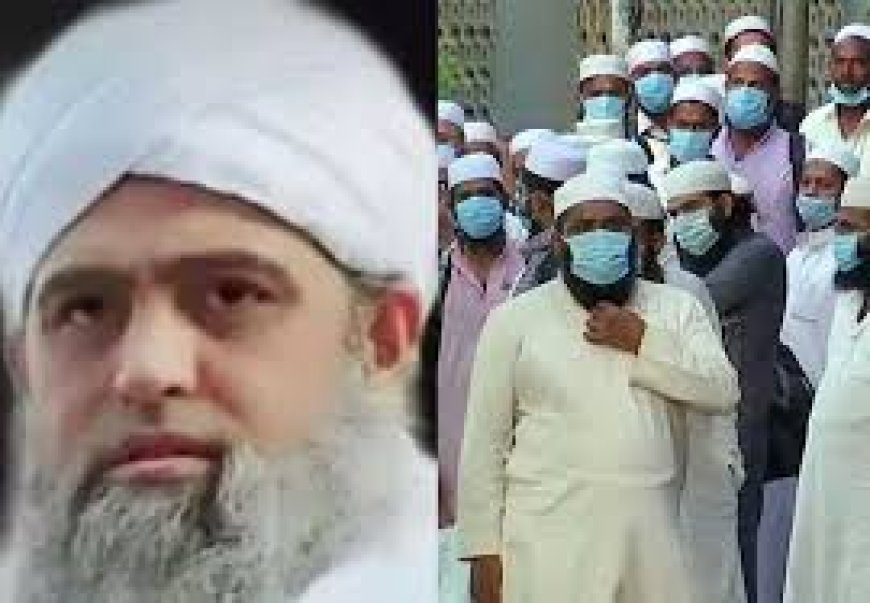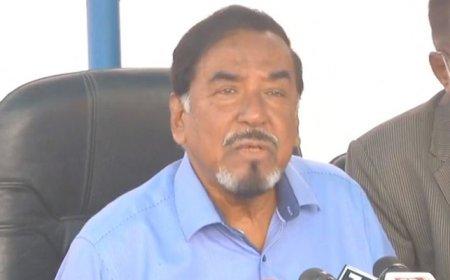Who is Maulana Saad, and what controversy surrounds him?
The vast majority of the Tablighi Jamaat had not experienced an Ameer resembling the style of the first three until Maulana Saad.

The Tablighi Jamaat (TJ), a nearly century-old Islamic revivalist movement, is facing its most significant crisis, centered around its leadership structure and the role of Ameer.
For the first seven decades of its history, from its founding in 1926/27 until 1995, TJ was led by three Ameers, all from the Nizamuddin markaz (headquarters) and connected by family ties. The movement’s founder, Muhammad Ilyas Kandhlawi, a Deobandi scholar, served as its first Ameer until his death in 1944. His son, Muhammad Yusuf Kandhlawi, succeeded him after being selected by a shura (council) from a shortlist left by Ilyas. Yusuf’s tenure was marked by the movement’s significant expansion until his death in 1965.
The third Ameer, Maulana Inamul Hasan, a close associate and relative of Yusuf, led the movement for over 30 years until his death in 1995. Following his passing, no clear successor emerged, and the shura formed by Inamul Hasan took over leadership responsibilities. This council acted as a global steering committee but began to falter as members passed away without being replaced.
By 2014, only two members remained: Maulana Saad Kandhlawi, great-grandson of the founder, and Maulana Zubairul Hasan, son of Inamul Hasan. Their relationship became strained, and after Zubairul Hasan’s death in 2014, Saad assumed a more prominent role, seeking the title of Ameer.
This bid for sole leadership sparked significant controversy. Many within the movement opposed the return of an Ameer, arguing that Maulana Saad lacked the qualities of his predecessors and questioning his "tarbiyyah" (personal and spiritual development). An audio clip from a meeting in which Saad declared himself “the Ameer of all” further fueled criticism.
In 2015, senior members of TJ met at the Raiwind Ijtema in Pakistan and reconstituted the global shura with 13 members, rejecting the idea of a single Ameer. Maulana Saad rejected these resolutions, escalating the divide.
By 2016, his leadership faced strong opposition, including a fatwa from the influential Darul Uloom Deoband, which accused him of straying from orthodox interpretations of Islamic teachings. His leadership was further challenged in Bangladesh, where calls to ban him from the Tongi Ijtema emerged.
Since 2018, the Tongi Ijtema has been split into two phases: one for Saad’s followers and another for followers of the shura, with the final prayer often led by Maulana Zubair Ahmed, a senior Bangladeshi cleric aligned with the shura. Saad’s exclusion from the shura further solidified this division.
The TJ movement in Bangladesh, headquartered at the Kakrail Mosque, has grown influential and aligned itself with the global shura. Although Maulana Saad retains followers, tensions between his faction and the shura supporters have led to deadly clashes, highlighting the deepening rift within the movement.
This leadership conflict has challenged TJ’s unity and global operations, underscoring a crisis unprecedented in its history.
What's Your Reaction?





















































































